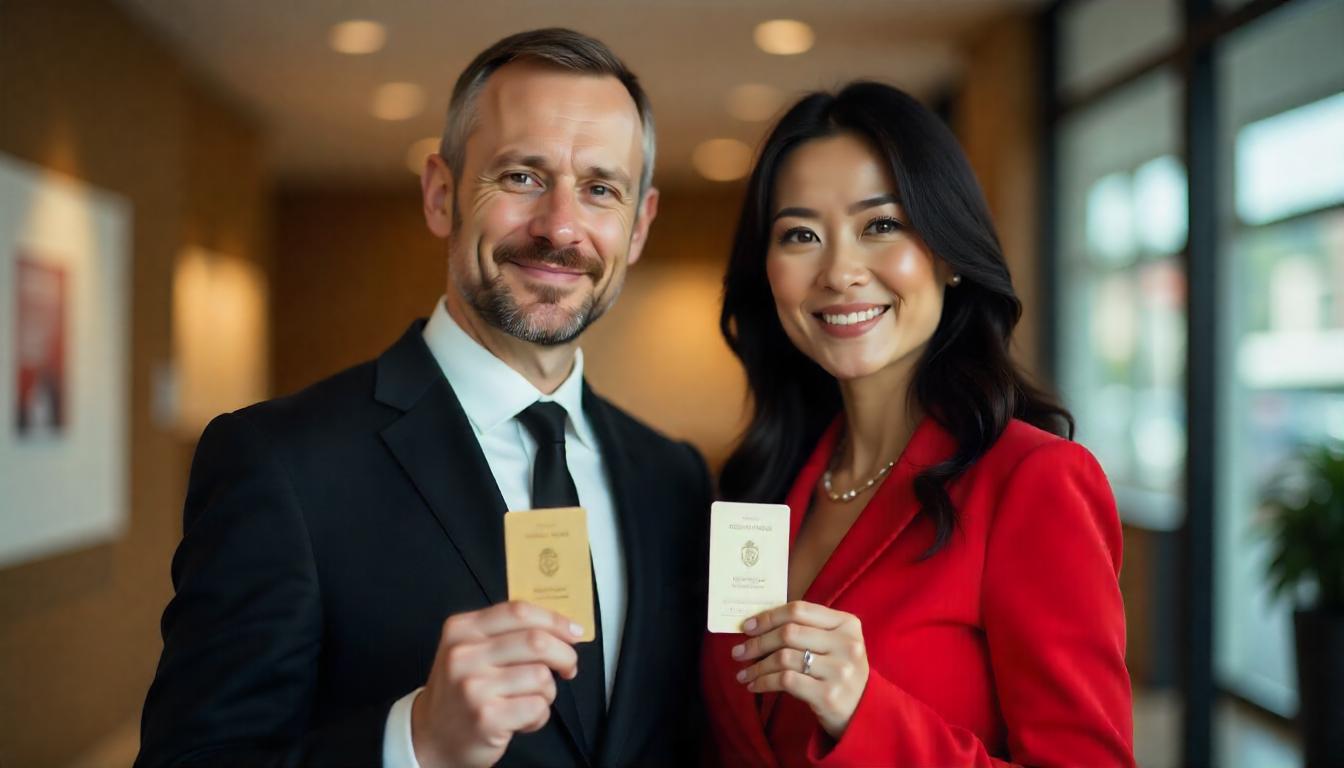Launched in 2008, Switzerland's Residency-by-Investment (RBI) scheme provides a legal pathway for wealthy foreign nationals to obtain Swiss residency in exchange for a substantial financial contribution to the national or cantonal economy. The program has steadily gained popularity among global elites, particularly those from countries facing geopolitical or economic uncertainties.
Nearly 500 Holders and Rising Demand
Top Beneficiary Nationalities Revealed
The SEM data highlights the top countries of origin for applicants under the Swiss RBI scheme. These include:
- Russia
- China
- United Kingdom
- Canada
In contrast, Russia’s own Golden Visa initiative, launched to attract wealthy foreigners, has seen limited success, drawing only 14 applicants in 2024—a figure that falls short of the program’s intended goals.
Economic Impact vs Ethical Concerns
While the Swiss Golden Visa Program has undoubtedly contributed to the country’s economy through significant capital inflows, it is now facing increasing political and public scrutiny. The Swiss Green Party has recently called for the program’s termination, arguing that it disproportionately benefits the ultra-wealthy while undermining the principles of fairness and transparency.
Balthasar Glättli, a prominent Green Party parliamentarian, voiced concerns that the scheme enables "oligarchs and other undesirable individuals"—particularly from Russia and China—to secure residency rights in Switzerland.
“The wealthiest get the best deal, regardless of their background or intentions. This undermines our values and raises serious questions about the integrity of our immigration system,” Glättli stated.
Investment Thresholds Vary by Canton
To qualify for a Swiss Golden Visa, applicants must be non-EU/EFTA nationals and commit to a minimum annual tax contribution or direct investment, which varies by canton. Examples include:
- Obwalden: Minimum CHF 250,000 (approx. €256,000)
- Zurich: Minimum CHF 1 million (approx. €1,070,370)
Future of the Program Remains Uncertain
As political debate over the program intensifies, the future of Switzerland’s Golden Visa scheme hangs in the balance. Advocates argue that the initiative brings vital foreign investment and bolsters regional economies, especially in smaller cantons. Critics, however, warn that it risks turning the Swiss residency system into a privilege reserved solely for the global elite.
With mounting pressure from political parties and growing public skepticism, the government may soon be forced to reassess the structure and ethical implications of its Residency-by-Investment program.








